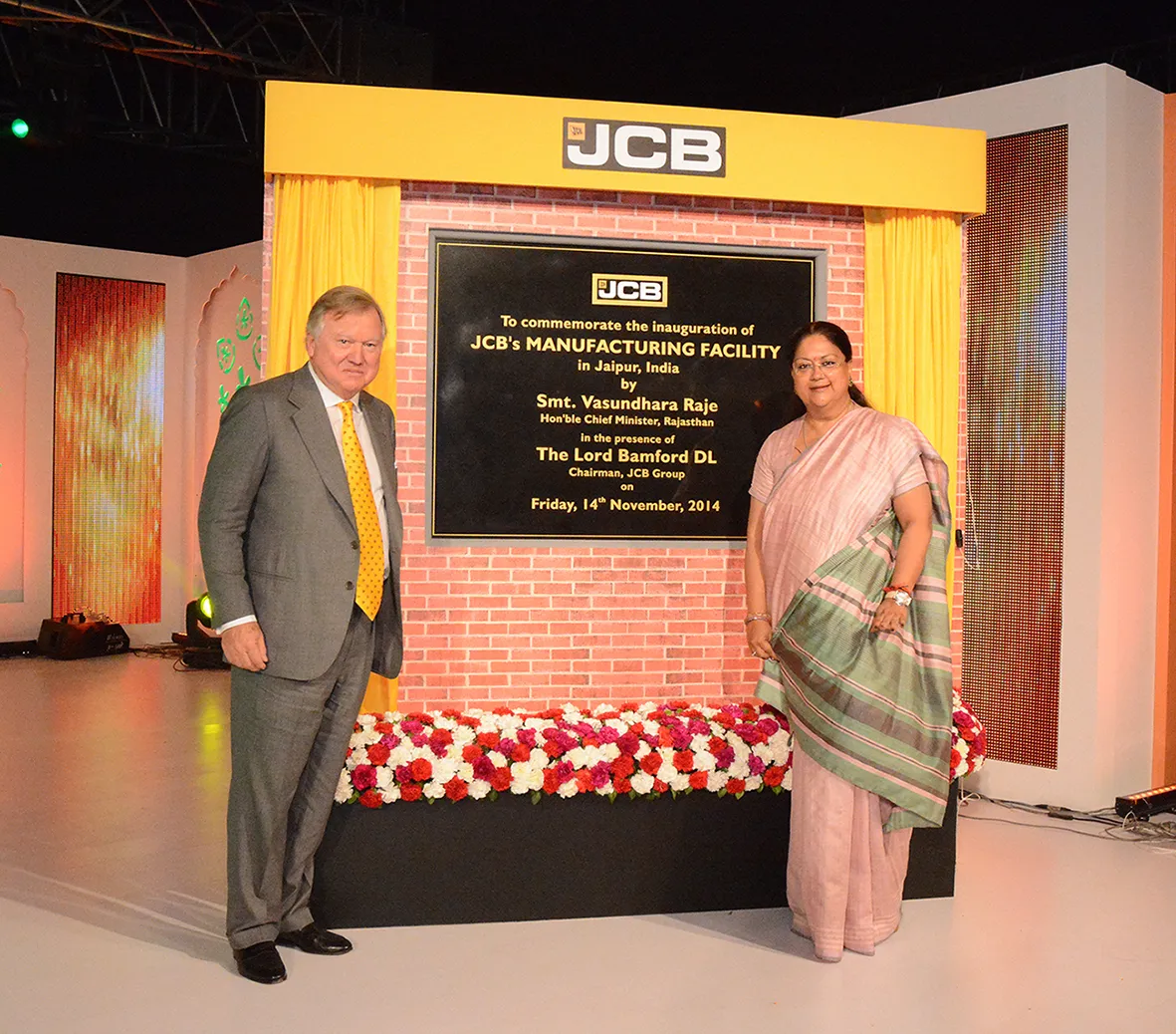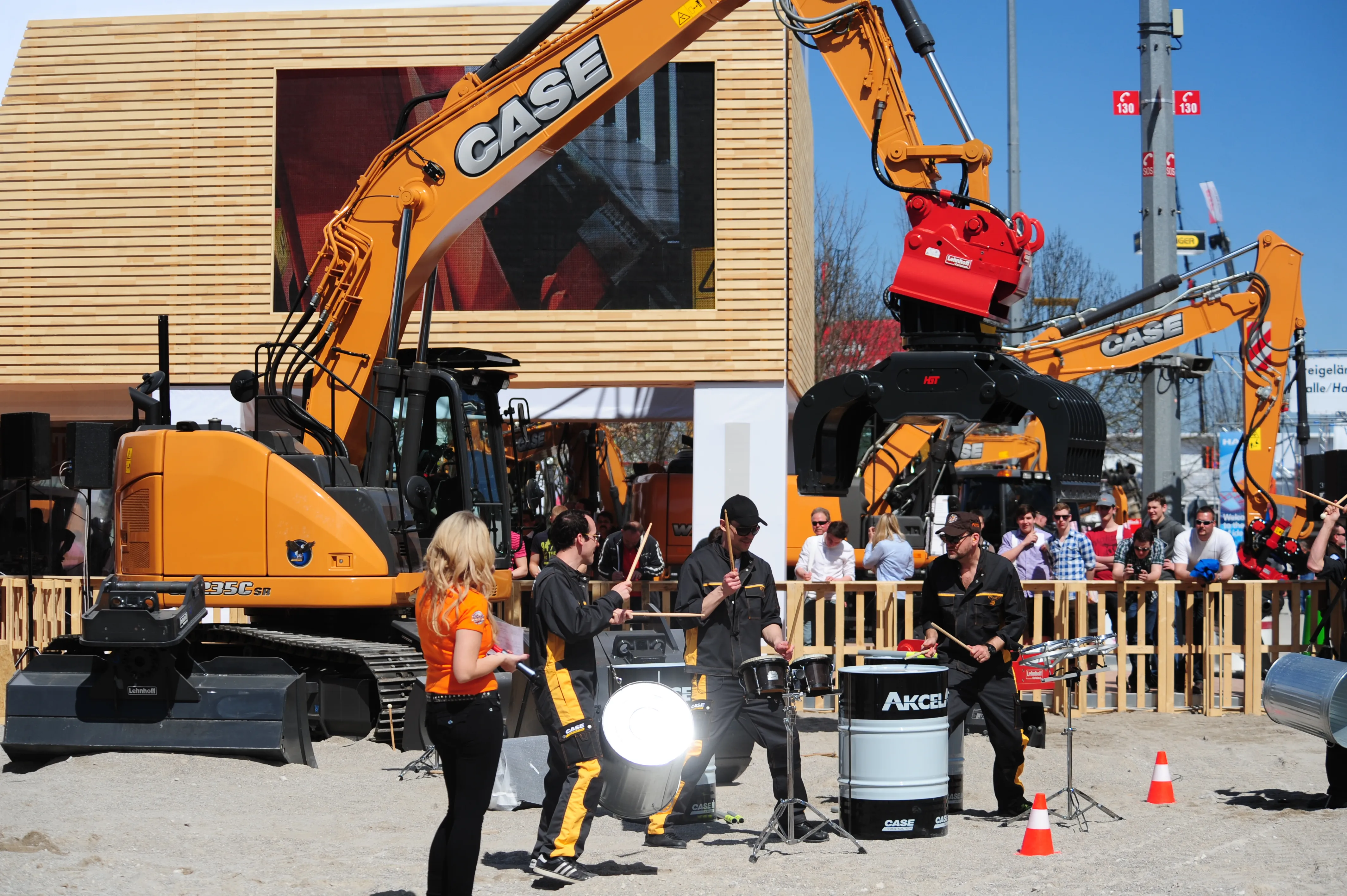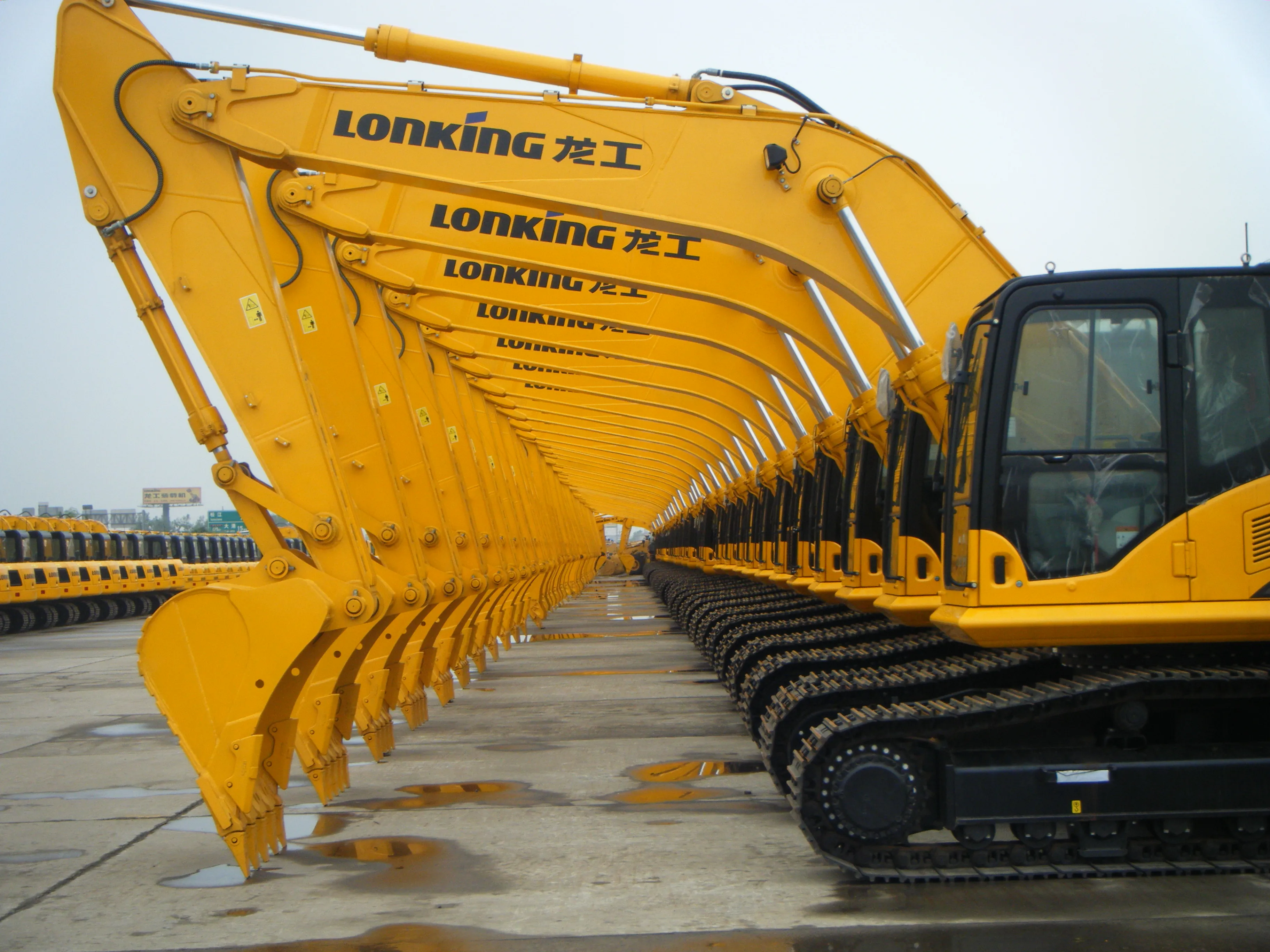JCB has celebrated 35 years of manufacturing in India with the opening of two factories in the northwestern state of Rajasthan, just outside the capital Jaipur.
Despite the Indian construction equipment market declining this year by 20%, JCB said it has invested US$92 million to build the factories – the UK-based group’s largest single construction project in its 69-year history.
JCB said the plants covering around 47 hectares on a single site will have almost 93,000m2 of manufacturing space and when full
November 18, 2014
Read time: 2 mins

Despite the Indian construction equipment market declining this year by 20%, JCB said it has invested US$92 million to build the factories – the UK-based group’s largest single construction project in its 69-year history.
JCB said the plants covering around 47 hectares on a single site will have almost 93,000m2 of manufacturing space and when fully operational will employ more than 1,000 people. The site is part of the company’s strategy to be ready for an increase in spending on infrastructure projects nationally.
Since it was founded in the UK in 1945, JCB has manufactured more than one million machines and 200,000 of those have been made in India. JCB began manufacturing in India under a joint venture agreement in 1979 at a site in Ballabgarh, near Delhi, which is now JCB India headquarters. The Delhi site also manufactures backhoe loaders and engines.
India, which has five JCB factories, 60 dealers and 600 outlets, overtook the UK as the company’s biggest single market in 2007 and it remains so.
Two of JCB’s plants are in Pune, in the southern state of Maharashtra, where the company manufactures excavators, wheeled loaders and compaction equipment. Component manufacturing is already underway at one of the Jaipur plants and next year production will begin of telescopic handlers and skid steer loaders for the Indian market. The facility will also provide additional backhoe loader capacity from 2015.
JCB chairman Lord Bamford, at the official opening of the Jaipur site, said a key to success is to continually invest for growth, as JCB has done in Jaipur. “When the market returns to growth we will be very well placed to meet the increased demand,” he said







